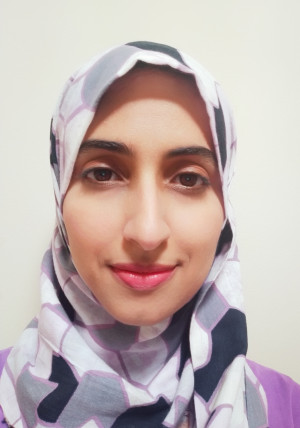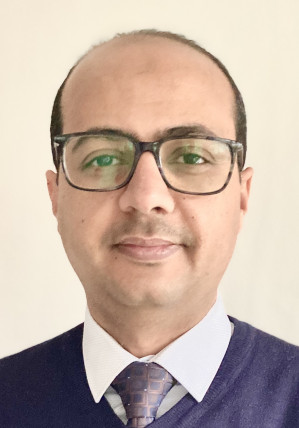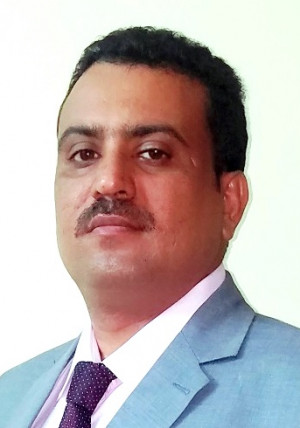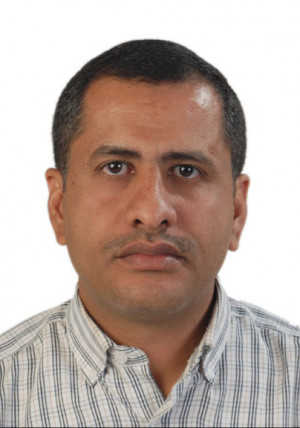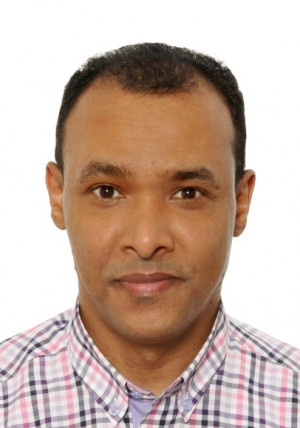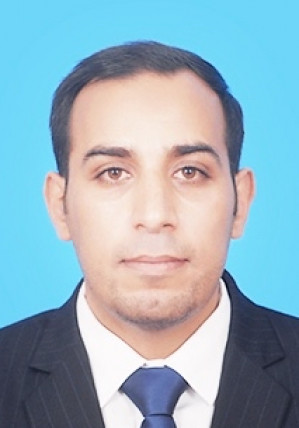TWAS - Elsevier Foundation Project Grants for Gender Equity and Climate Action
The call is closed
Partner Organizations
Country where tenable
Minimum degree held
Field
Age limit
None
The TWAS - Elsevier Foundation Project Grants for Gender Equity (SDG #5) and Climate Action (SDG #13) is a new programme established in response to the dual need to support women's well-being through capacity-building of female scientists and respond to the causes and consequences of climate change with concrete action-based projects, under the umbrella of the “climate action” SDG.
Application doc(s):

